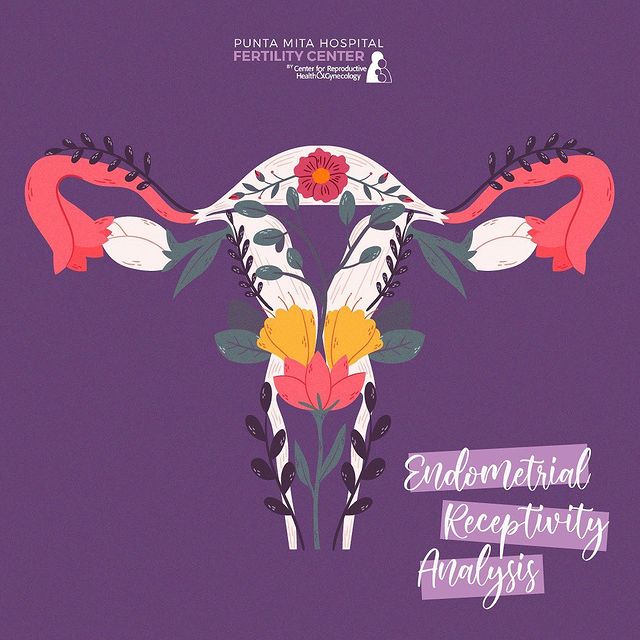Endometriosis is a common yet often misunderstood condition that affects many women worldwide. It’s not only known for causing excruciating pain but can also have a significant impact on a woman’s fertility. In this comprehensive guide, we’ll delve deep into the intricacies of endometriosis and fertility. By the end, you’ll have a thorough understanding of this condition and how it can affect your journey to parenthood.
Contents
Understanding Endometriosis
Before we dive into its effects on fertility, let’s begin by understanding what endometriosis is. Endometriosis is a chronic medical condition where tissue similar to the lining of the uterus (endometrium) grows outside the uterus. This tissue, known as endometrial implants, can attach itself to various reproductive organs, such as the ovaries, fallopian tubes, or even the intestines.
The exact cause of endometriosis remains a mystery, but several theories suggest hormonal, genetic, and immune system factors may play a role. Regardless of the cause, one thing is clear—endometriosis can lead to a range of symptoms, including pelvic pain, painful periods, pain during intercourse, and in some cases, fertility problems.
The Impact on Fertility
Endometriosis can significantly affect a woman’s fertility. While it doesn’t necessarily mean you won’t be able to conceive, it can make the journey more challenging. Here’s how endometriosis can impact fertility:
- Ovulatory Issues: Endometriosis can disrupt the normal ovulatory process. The presence of endometrial tissue outside the uterus can lead to the formation of adhesions or scar tissue, which can block the fallopian tubes. This blockage can prevent the egg from meeting the sperm, making fertilization nearly impossible.
- Inflammation: Endometriosis is associated with chronic pelvic inflammation. Inflammation in the reproductive organs can create an unfavorable environment for conception and implantation. It can also affect the quality of eggs and embryos, reducing the chances of a successful pregnancy.
- Hormonal Imbalances: The presence of endometriosis can lead to hormonal imbalances in the body. These imbalances can interfere with the natural menstrual cycle and ovulation, making it difficult to predict the fertile window for conception.
- Anatomical Changes: Severe endometriosis can cause significant anatomical changes in the pelvic area. This can include the formation of ovarian cysts (endometriomas) or the distortion of reproductive organs. Such changes can hinder the natural conception process.
- Pain and Discomfort: The pain and discomfort associated with endometriosis can also impact fertility by making sexual intercourse painful. This can reduce the frequency of sexual activity and decrease the chances of conception.
Diagnosis and Treatment
If you suspect you have endometriosis and are experiencing fertility issues, it’s crucial to seek a proper diagnosis. Diagnosis often involves a combination of a detailed medical history, pelvic exams, imaging tests, and sometimes a minimally invasive procedure called laparoscopy.
Treatment options for endometriosis-related fertility problems vary depending on the severity of the condition and your overall reproductive health. Some common approaches include:
- Laparoscopic Surgery: In cases where endometriosis is causing significant anatomical issues or adhesions, laparoscopic surgery can be performed to remove the abnormal tissue and improve fertility.
- Hormonal Therapies: Hormonal treatments like birth control pills, progestins, or gonadotropin-releasing hormone (GnRH) agonists can help manage symptoms and improve fertility by suppressing the growth of endometrial tissue.
- In Vitro Fertilization (IVF): For couples struggling with infertility due to endometriosis, IVF can be an effective option. It involves the retrieval of eggs, fertilization in the laboratory, and the transfer of embryos into the uterus.
- Pain Management: Managing the pain associated with endometriosis can help improve sexual function and increase the chances of conception. Pain relief measures can include medications and lifestyle changes.
- Lifestyle Modifications: Maintaining a healthy lifestyle through a balanced diet, regular exercise, and stress management can positively impact fertility, even in the presence of endometriosis.
Moving Forward
Endometriosis and fertility challenges can undoubtedly be daunting, but they don’t have to be insurmountable. Many women with endometriosis successfully conceive and carry healthy pregnancies with the right medical guidance and support. If you’re facing these challenges, consult with a healthcare provider who specializes in reproductive health. Together, you can explore your options, address your concerns, and work towards your goal of becoming a parent.
In conclusion, understanding the relationship between endometriosis and fertility is essential for women facing this condition. While it may present obstacles, with the right approach and medical care, achieving a successful pregnancy is indeed possible. Remember, you’re not alone in this journey, and there is help and hope available for you.

